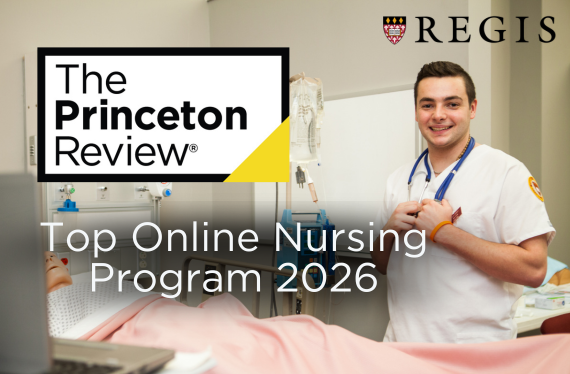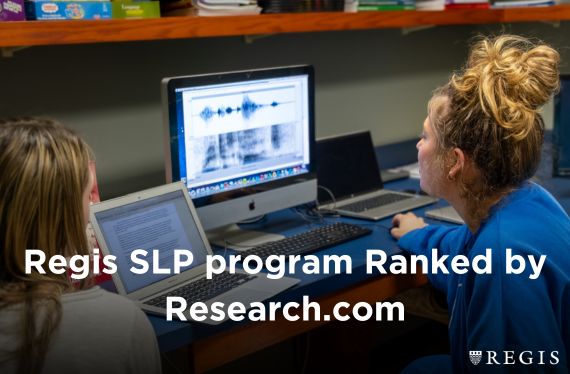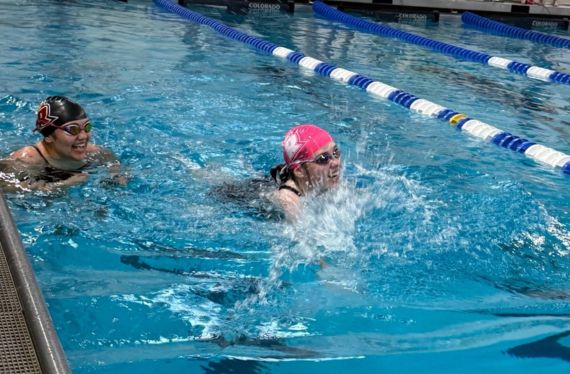Are oral health professionals adequately trained to provide effective and compassionate care for children with autism spectrum disorder (ASD)? Many share they lack confidence in doing so and many children with ASD often forgo critical dental care.
Regis College’s Dental Hygiene Program has taken an innovative approach to addressing this public health matter. The university’s mission is to care for all, without distinction. This value has guided the university’s approach to preparing future dental hygienists to properly care for those with ASD, especially children. It is vital that these future practitioners attain the competence to treat these patients given the increase in the number of ASD cases in the United States.
At Regis, the university is blending dental hygiene education with effective ASD therapies.
Due to sensory issues and other challenges, children with ASD may be prone to poor oral hygiene and therefore require an increased need for dental care, and more specifically, dental hygiene visits. Why? Various barriers including difficulties accessing health care, potential patient resistance to treatment, high cost or lack of insurance are all contributing factors. Current and future dental hygienists need specific training to effectively treat this patient population.
Providing effective dental hygiene care to this population is incredibly important to prevent periodontal disease and decay. Building an environment of trust so patients feel comfortable in the dental setting is vital, and it is especially important with individuals with ASD. To do this, dental hygiene students need to be trained to successfully provide treatment to patients with ASD. The goal of interprofessional training at Regis is to provide them with the building blocks to effectively treat this population in the future in private practice.
The Commission on Dental Accreditation (CODA) defines interprofessional education as students and/or professionals from two or more professions learning about, from and with each other to enable effective collaboration to improve health outcomes. This is a critical component to support comprehensive patient care.
Regis’ Dental Hygiene Program recognizes the importance of interprofessional education. This unique approach to prepare students to care for the person’s wellbeing in its entirety, a core value of the university’s mission, is woven into clinical and didactic courses throughout the dental hygiene curriculum.
The goal of the Applied Behavior Analysis (ABA) Graduate Program and the Autism Center at Regis is to enhance the quality of life for children diagnosed with ASD and their families. The dental hygiene program collaborates with the ABA program and the Autism Center to increase oral health education and treatment for this population. This year, ABA program faculty are providing an introductory seminar on ASD for dental hygiene faculty and students. In the next academic year, more training will be provided to the dental hygiene faculty and students on ways to effectively treat this population.
In addition, the dental hygiene program will collaborate with a graduate student from the ABA program on research to examine methods for students to be more successful when treating patients with ASD in the dental setting. Conversely, the dental hygiene program will provide training for the ABA students and Autism Center faculty and families on the importance of oral hygiene.
The primary goal of the interprofessionalism approach is to collaborate and improve the oral health outcomes of those with ASD and to prepare students to apply these innovative practices in private practice upon graduation. Regis College is hopeful this new program will serve as a model to enhance dental hygienist education and expand access to dental care for all.


